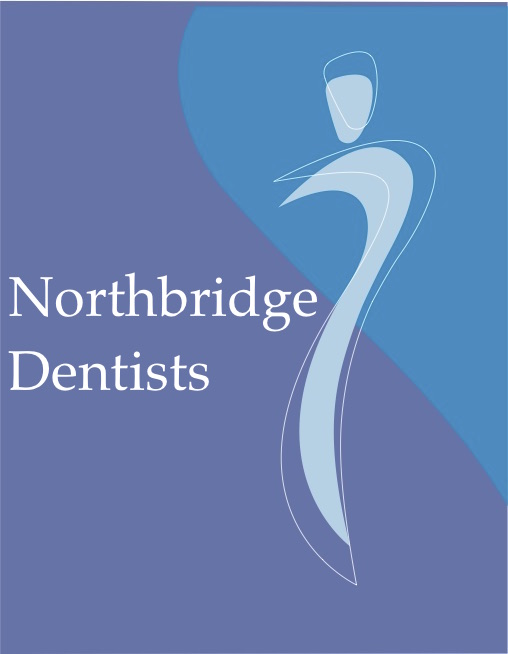We all know of someone with Alzheimers Disease or Dementia. It’s an insidious and ultimately fatal, degenerative disease, with no cure. It’s horrible to witness. But are we one step closer to finding out how it starts?
We’ve known for some time that it is considered an “inflammatory” disease. We’ve long suspected that bacteria in the mouth affect much more than the teeth. In fact, it has already been well established that inflammatory gingival bacteria have been linked with both cardivascular health and pre-term births.
In a series of ground-breaking research papers, periodontal bacteria has been found in the brain tissue of patients who have died from Alzheimers Disease, whereas no such bacteria was found in the brain tissue of “control patients” of similar age and risk factors. In an even more conclusive study, mice were exposed to gingival bacteria and were compared with a control group. Here is a quote from the study:
”The researchers found that the mice chronically exposed to the bacteria had significantly higher amounts of accumulated amyloid beta -- a senile plaque found in the brain tissue of Alzheimer's patients. The study group also had more brain inflammation and fewer intact neurons due to degeneration.
These findings were further supported by amyloid beta protein analysis, and RNA analysis that showed greater expression of genes associated with inflammation and degeneration in the study group. DNA from the periodontal bacteria was also found in the brain tissue of mice in the study group, and a bacterial protein was observed inside their neurons.”
So what does all that mean? Basically the building blocks for Alzheimers Disease developed due to exposure to this periodontal/gingival bacteria.
It really is fascinating how much our oral health is connected to the rest of our body. Read more here: https://www.sciencedaily.com/releases/2018/10/181004100009.htm
Thinking about putting-off that next dental check-up? Hmmmm, maybe not. It’s more important than you think, and not just for your teeth.


